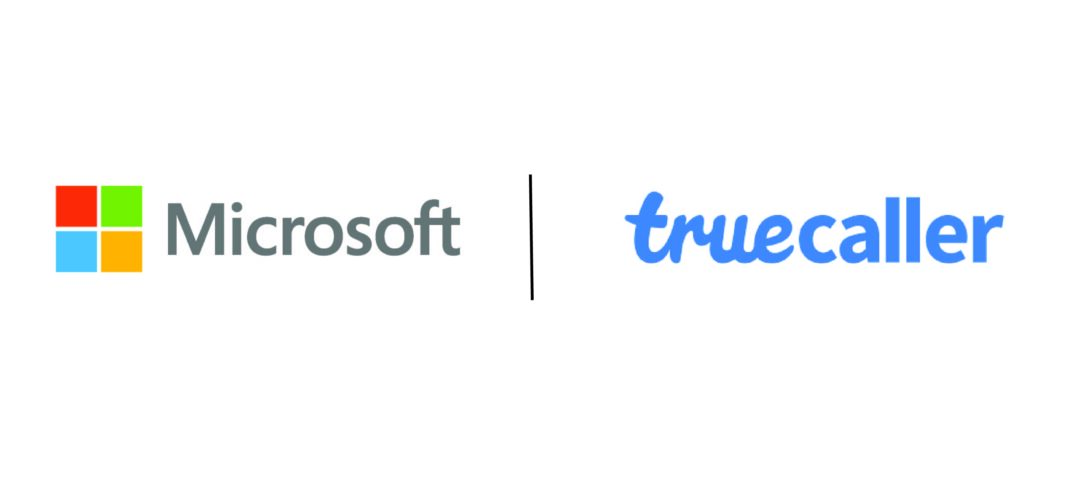Truecaller, renowned for its robust caller identification and spam-blocking capabilities, is partnering with Microsoft’s Azure AI Speech to introduce a groundbreaking feature: AI voice answering. This innovative addition allows users to create an AI version of their own voice to handle incoming calls, adding a personalized touch to their digital interactions.
Enhancing Caller Interaction with AI
Truecaller’s app, which many users prefer over default phone systems for identifying and blocking spam calls, will now offer an AI Assistant capable of answering calls using the user’s voice. By recording a voice sample, users enable Microsoft’s Azure AI Speech technology to learn and replicate their voice. This feature aims to provide a familiar and comfortable experience for users when their AI Assistant answers calls on their behalf.
“This groundbreaking capability not only adds a touch of familiarity and comfort for the users but also showcases the power of AI in transforming the way we interact with our digital assistants,” said Raphael Mimoun, Truecaller’s product director and general manager, in a recent blog post.
How It Works
Truecaller’s AI Assistant, introduced in 2022 and available in select countries, screens incoming calls, providing users with the caller’s reason for contacting them. Users can then decide whether to answer the call themselves or let the AI Assistant handle it. Previously, users could choose from a preset selection of voices for the assistant. The new feature of recording their own voice takes personalization to the next level.
Microsoft’s Azure AI Speech Technology
Azure AI Speech’s personal voice feature, showcased at Microsoft’s Build conference, enables the creation of custom voice models. This technology, while still limited to specific use cases such as voice assistants, automatically incorporates watermarks in generated voices to maintain ethical standards. Microsoft’s code of conduct emphasizes the need for full consent from individuals being recorded and strictly prohibits impersonation.
Future Implications
The collaboration between Truecaller and Microsoft highlights the potential of AI in enhancing everyday digital interactions. While the effectiveness of AI-generated personal voices compared to traditional voicemail messages remains to be seen, this development marks a significant step towards more personalized and efficient communication tools.
As AI technology continues to evolve, the integration of personalized voice models could become a standard feature in digital assistants, offering users a seamless and customized experience. Truecaller’s innovative approach, powered by Microsoft’s advanced AI capabilities, sets a new benchmark in the realm of caller identification and response systems.

